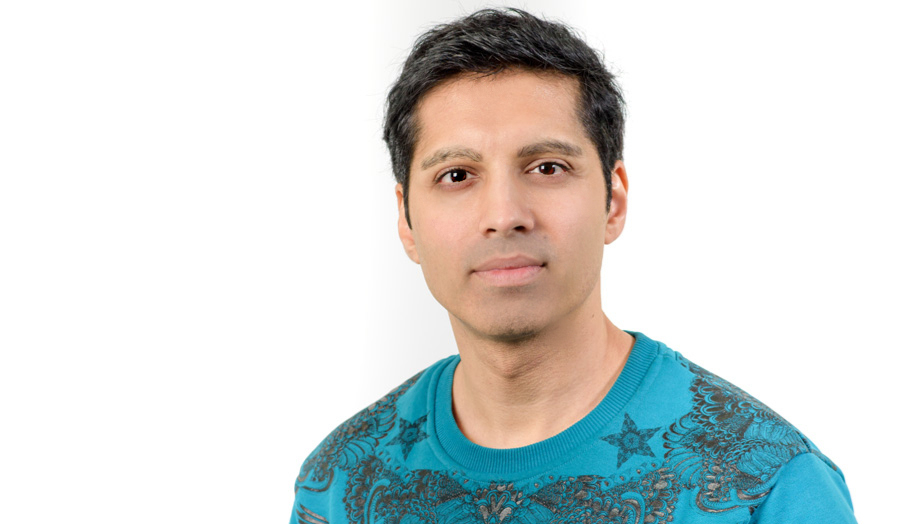Rishi Trikha says we must decide what kind of a world we want to live in when the current crisis recedes - and we should fight to ensure art, and artists, are part of it.
Date: 17 November 2020
In times of crisis, we are forced to decide who and what we love. We can’t hold on to everything when the waters are rising around us so we clutch onto the things that might save us and the things we know we cannot live without. These decisions reveal who we are and shape the lives that we’ll live when the disaster is finally over.
Those of us working in the arts have always known that we occupy a contradictory place in the collective psyche. On the one hand, most people couldn’t imagine going a whole day without listening to music, reading fiction, playing video games, or watching a series. We are a crucial part of people’s daily lives; if you doubt that, just try to go a whole week without any of those things and see how you feel. Most would admit that the arts in one form or another have been instrumental to their survival during lockdown and other periods of hardship; who hasn’t listened to a song on repeat or binge-watched a series when feeling low? The arts help us to understand what we’re feeling and bring light back into our lives.
Yet we also accept it as normal to degrade artists and their contributions, to joke about difficult working conditions and low pay. The government has apologised for an ad suggesting artists should consider retraining to ‘work in cyber’, but the underlying belief that creative jobs are a frivolous hobby, staffed by people who are unserious and low skilled has persisted for a long time. It’s an idea that is inaccurate, hurtful and destructive.
The creative industries and cultural sector contribute over £143 billion to the UK economy every year, in addition to secondary benefits to hospitality businesses such as hotels, bars and restaurants. The digital sector is worth £149 billion so the idea that artists should hang up their dance shoes and get a ‘real job’ is based on prejudice rather than facts. Even more ridiculous is the notion that anybody can do it; it takes years of training and practice to be able to engage and move an audience. You only have to listen to your housemate singing in the shower or watch amateur acting to know that these are highly skilled professions.
We must decide what kind of a world we want to live in when the floodwaters of the current crisis recede. The choices we make now will determine whether the arts and artists are still there to articulate our hopes and dreams, to expose injustice, and to comfort us again. Artists require help to survive this temporary hardship, not to retrain, because we need them now more than ever.
Rishi Trikha is Senior Lecturer and Course Leader of Theatre and Performance at London Met.

